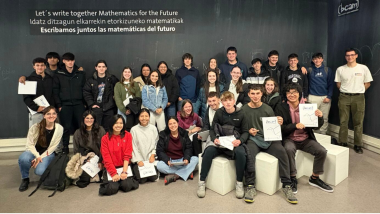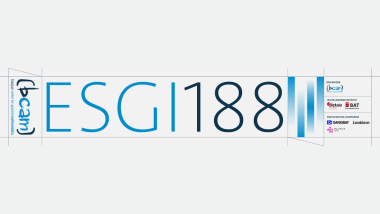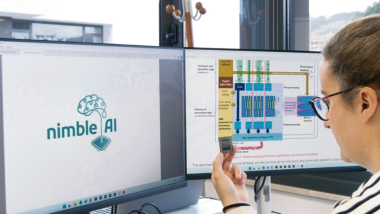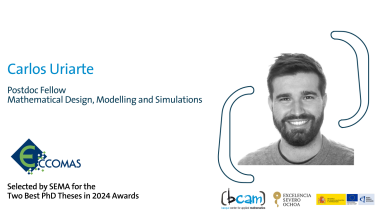BCAM has participated together with P4Q Electronics in the project on the prediction of the state of health and remaining life of batteries in solar trackers.
Dr. Dae-Jin Lee, Anton Uranga and Gorka Kobeaga from the Applied Statistics group have collaborated with P4Q Electronics in the industrial project.
The project on the prediction of the state of health and remaining lifetime of batteries in solar trackers arose as a response to the different problems identified by P4Q Electronics and in which advanced mathematical modeling could help. The industrial project was approached from the Knowledge Transfer Unit (KTU), led by Dr. Dae-Jin Lee, with the support of research technician Antón Uranga and postdoctoral fellow Gorka Kobeaga from the Applied Statistics research group.
Different approaches to battery health management have been extensively studied in the literature over the last decades. Traditional approaches have mainly focused on the estimation of "state of charge" rather than "state of health" or "remaining useful life". While the approach based on battery "state of health" primarily considers diagnostics, the analysis of a battery's "state of charge" and "remaining useful life" focuses more on prognostics. The literature on energy prediction models is extensive, and depending on the focus of interest the use of different machine learning techniques and statistical models are evaluated.
The project "Predicting the health status and remaining lifetime of batteries in solar trackers" has focused on four main objectives. First, the evaluation of statistical and machine learning models for the prediction of battery aging followed by the evaluation of statistical and machine learning models for the early prediction of battery failures or anomalies. The third objective was the evaluation of the predictions based on training and validation samples and, finally, the implementation of the algorithms in an open language code such as R or Python.
About the Knowledge Transfer Unit (KTU)
BCAM, through its KTU, aims to develop mathematical solutions to scientific challenges based on real-life applications, in order to disseminate knowledge and technology to industry and society at large based on mathematics, data science, statistical methods and artificial intelligence.
Related news
About the center
About the center




